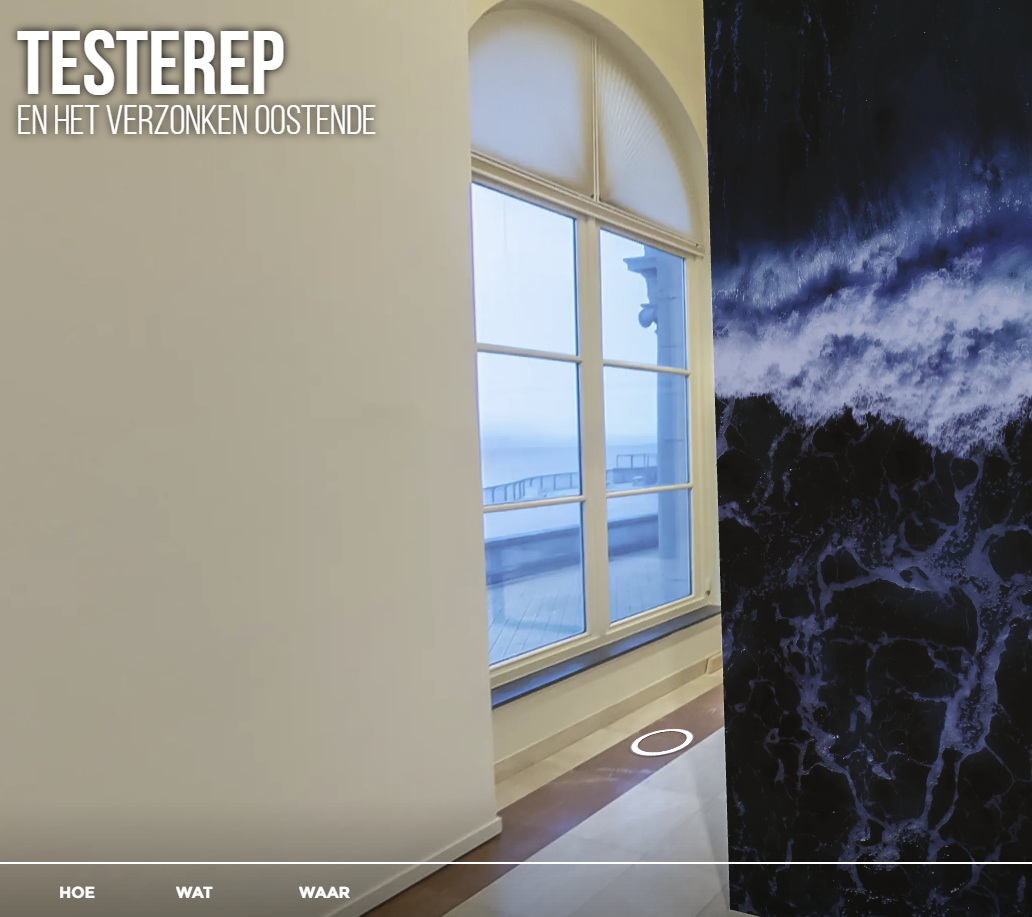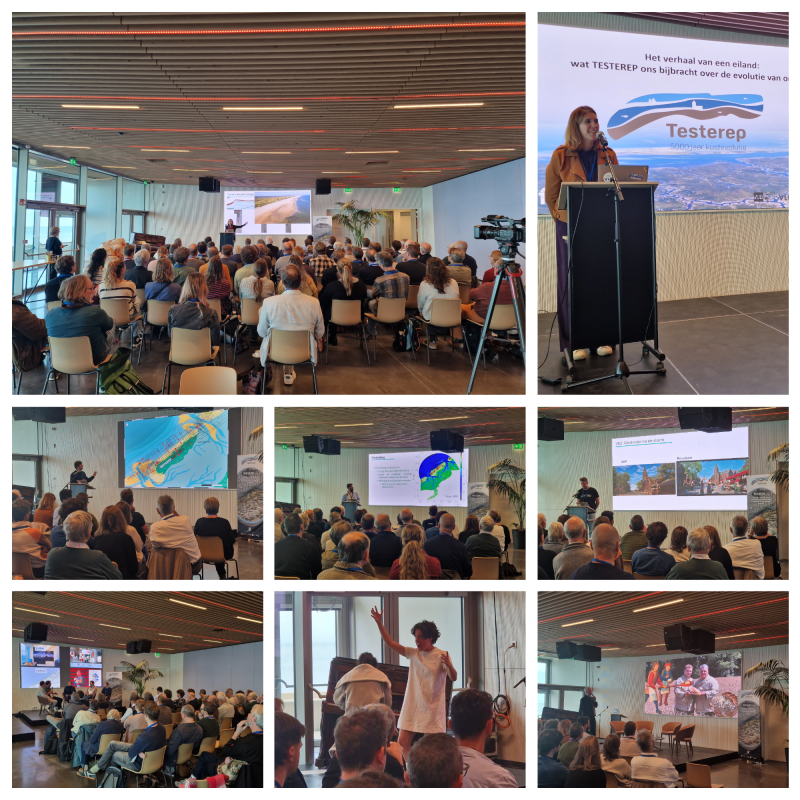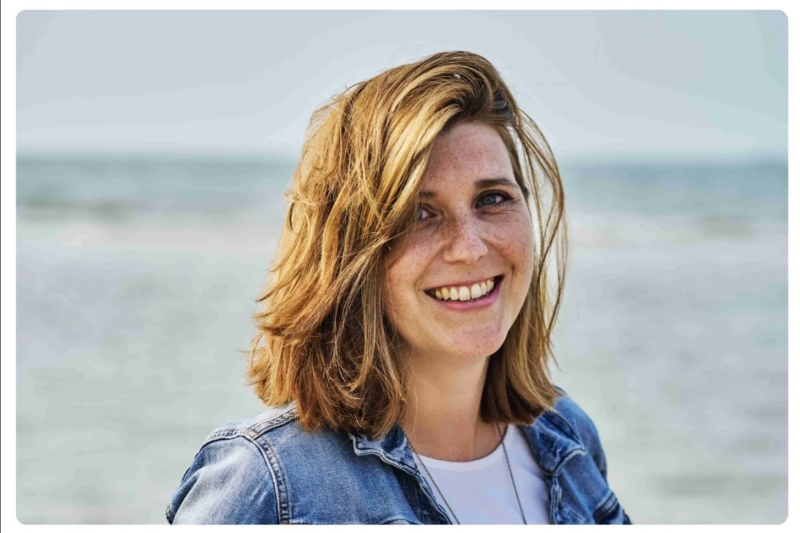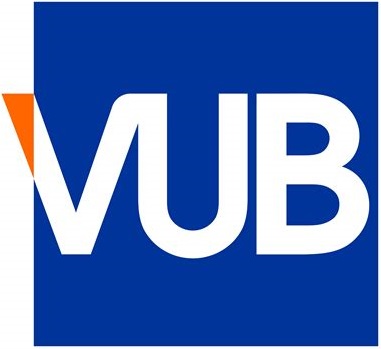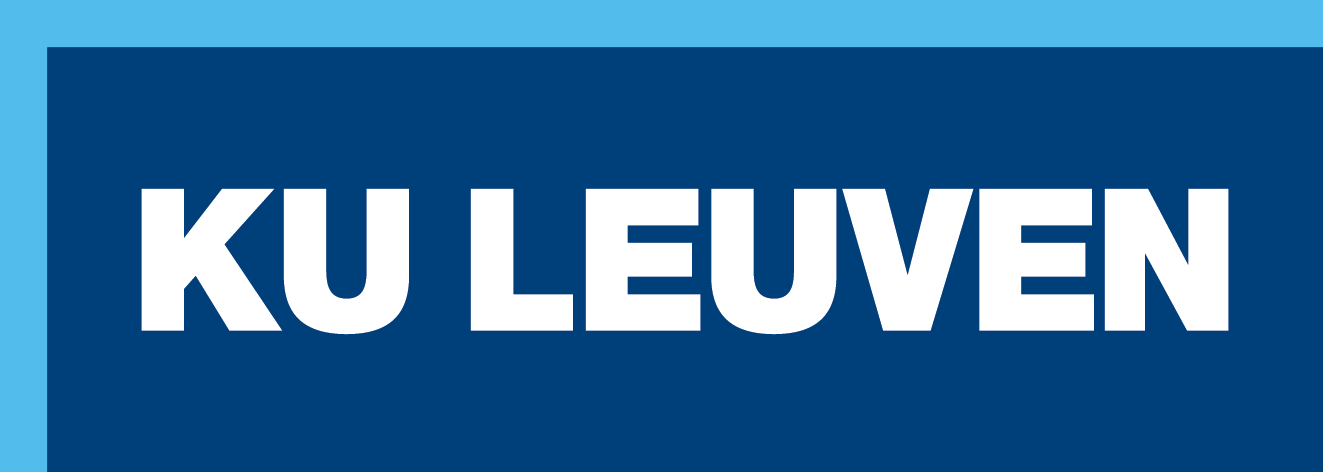'Artist impression' van Leffinge voor de bedijking (10de eeuw), © Middelkerke
5000 years of coastal evolution
The Flemish coast has a long and complex history. The modern landscape is the result of the interaction between both natural processes and human interventions. Although research into the history of this region has already provided us with a lot of information, many detailed questions still remain, for example, exactly how the coastline evolved over the past 5000 years.
The Testerep project
Research
Gain insight into how our coastline has evolved over the past 5000 years, through state of the art interdisciplinary scientific research
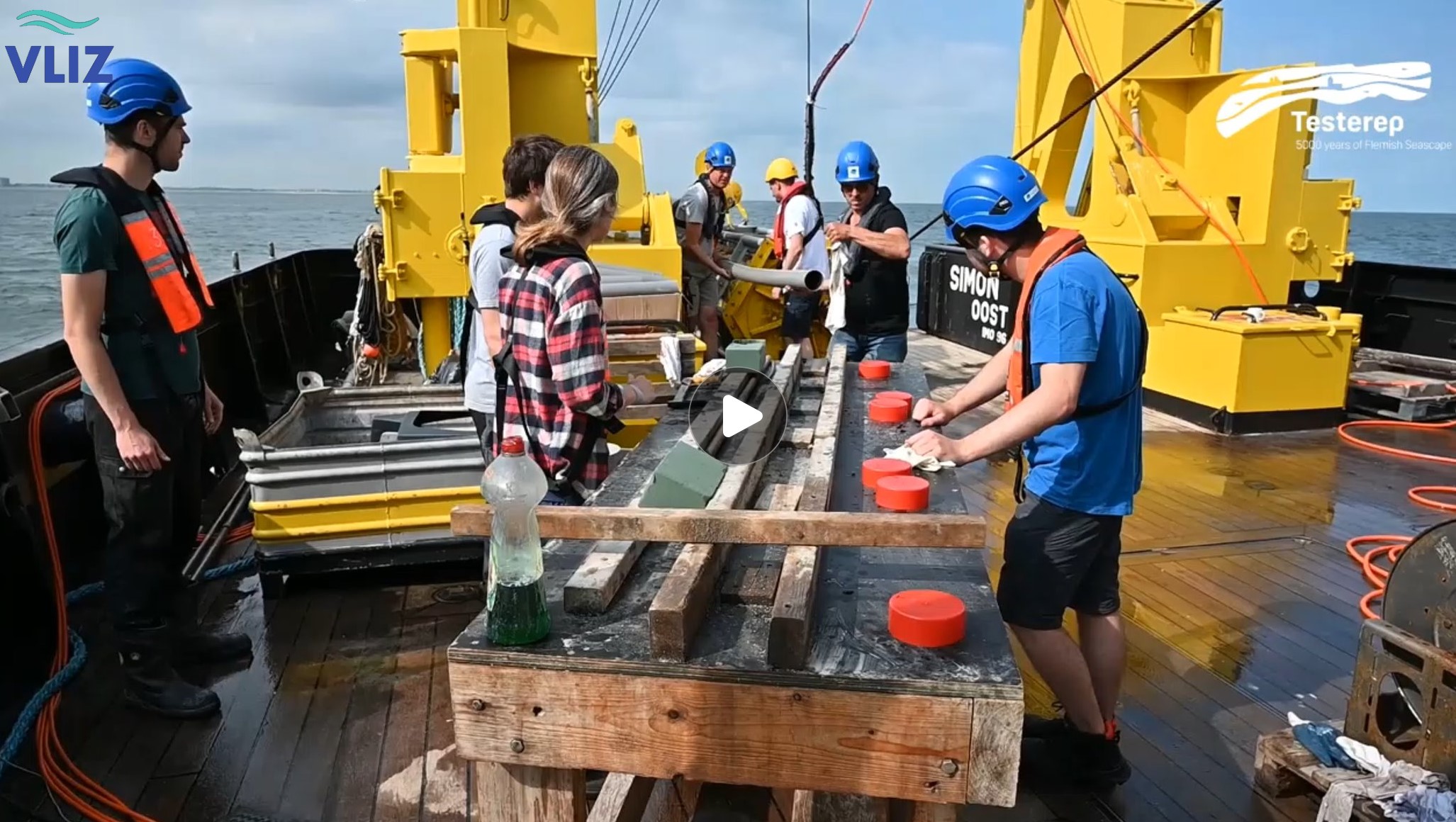
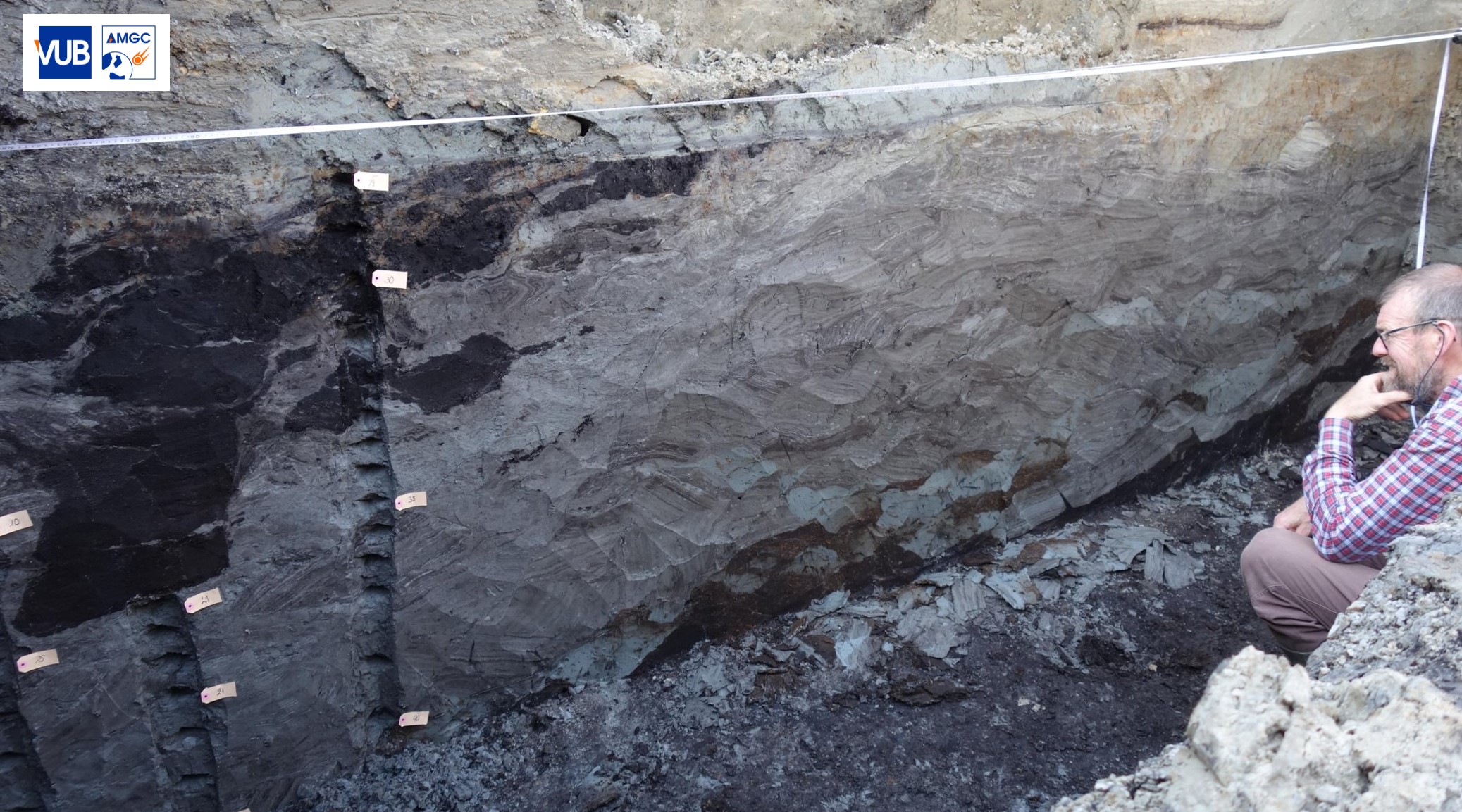
Results
With the use of computer modeling, we'll resurrect Testerep and learn about the human and natural impact on the landscape.
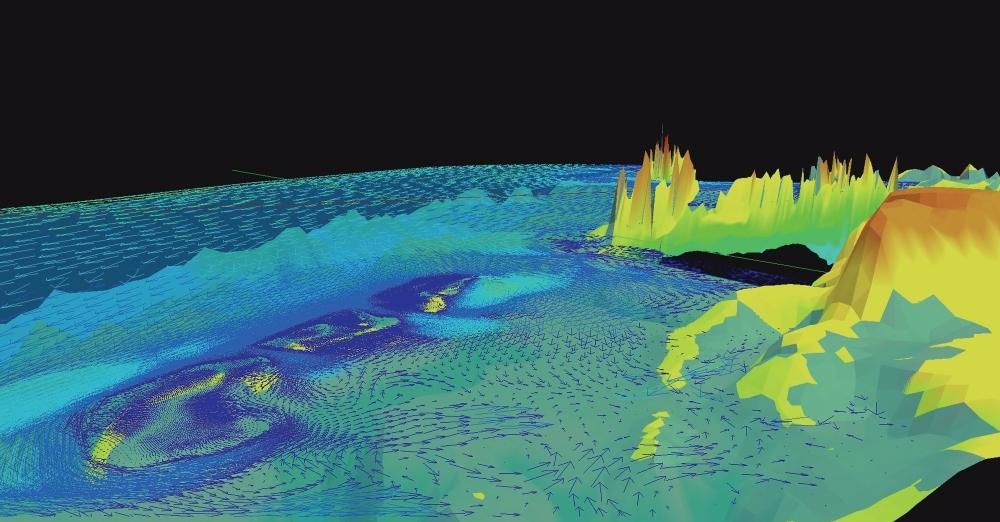
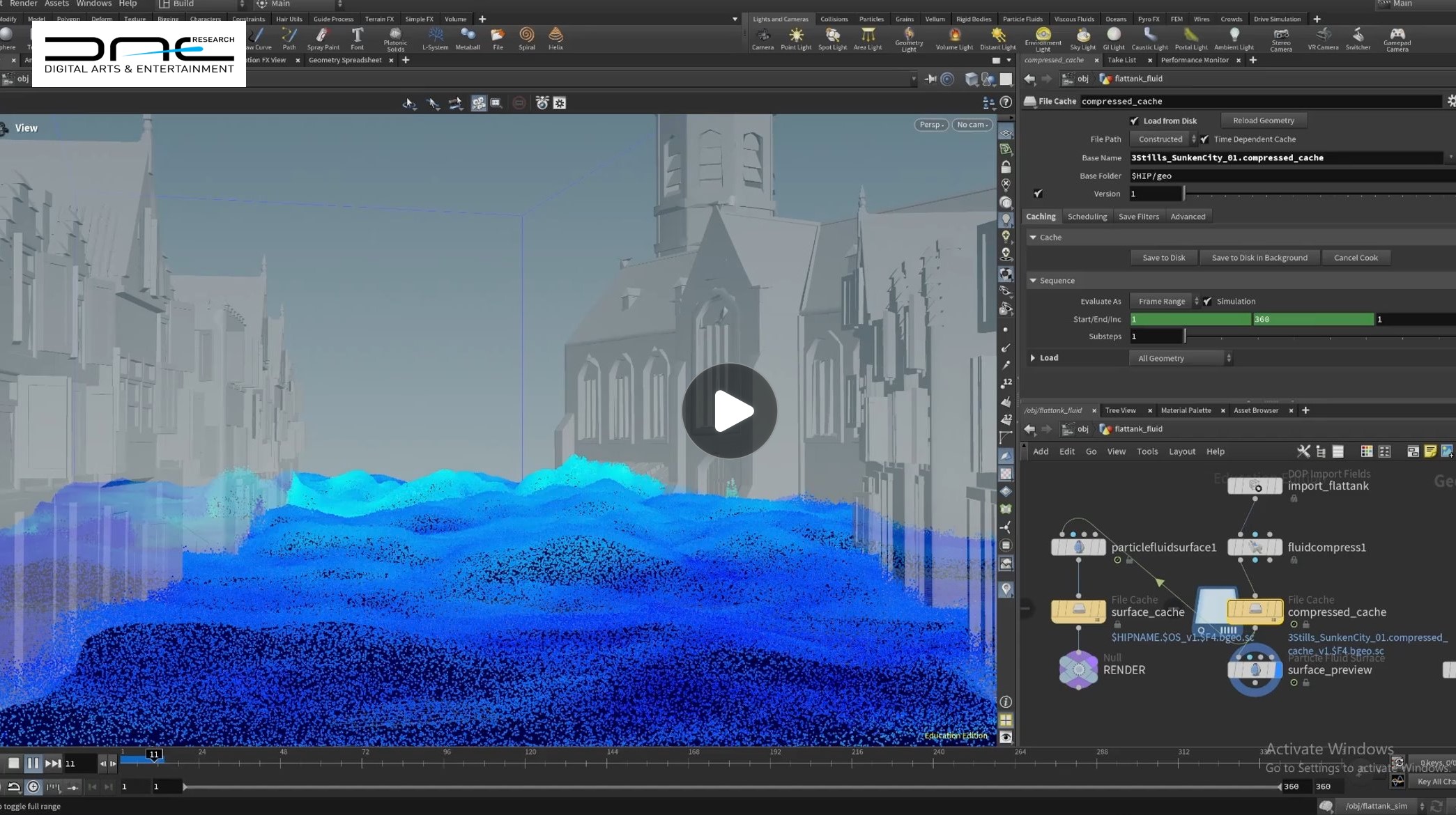
Valorization
Who are our stakeholders? How will they apply our research results? Which valorization projects are planned?
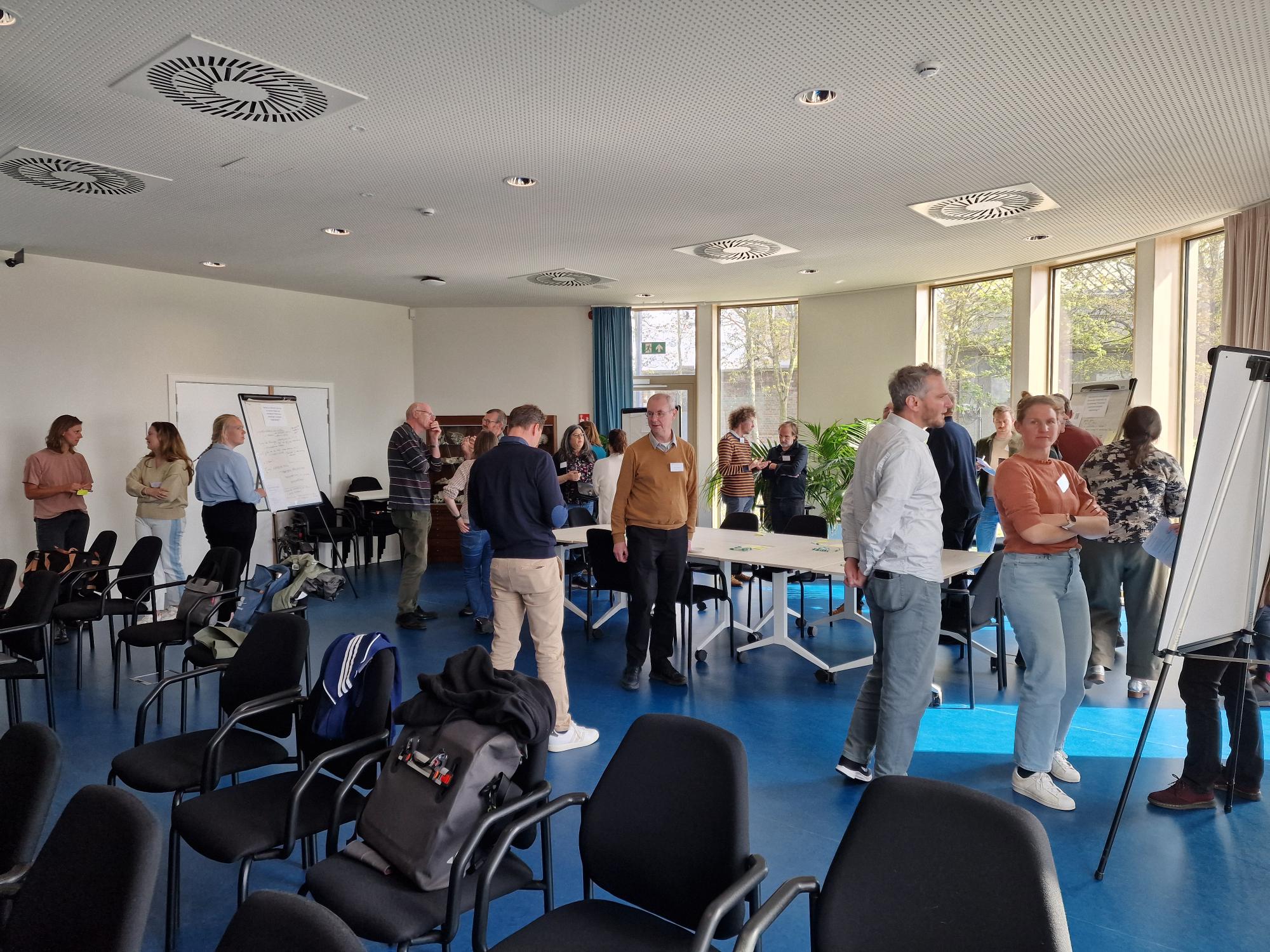
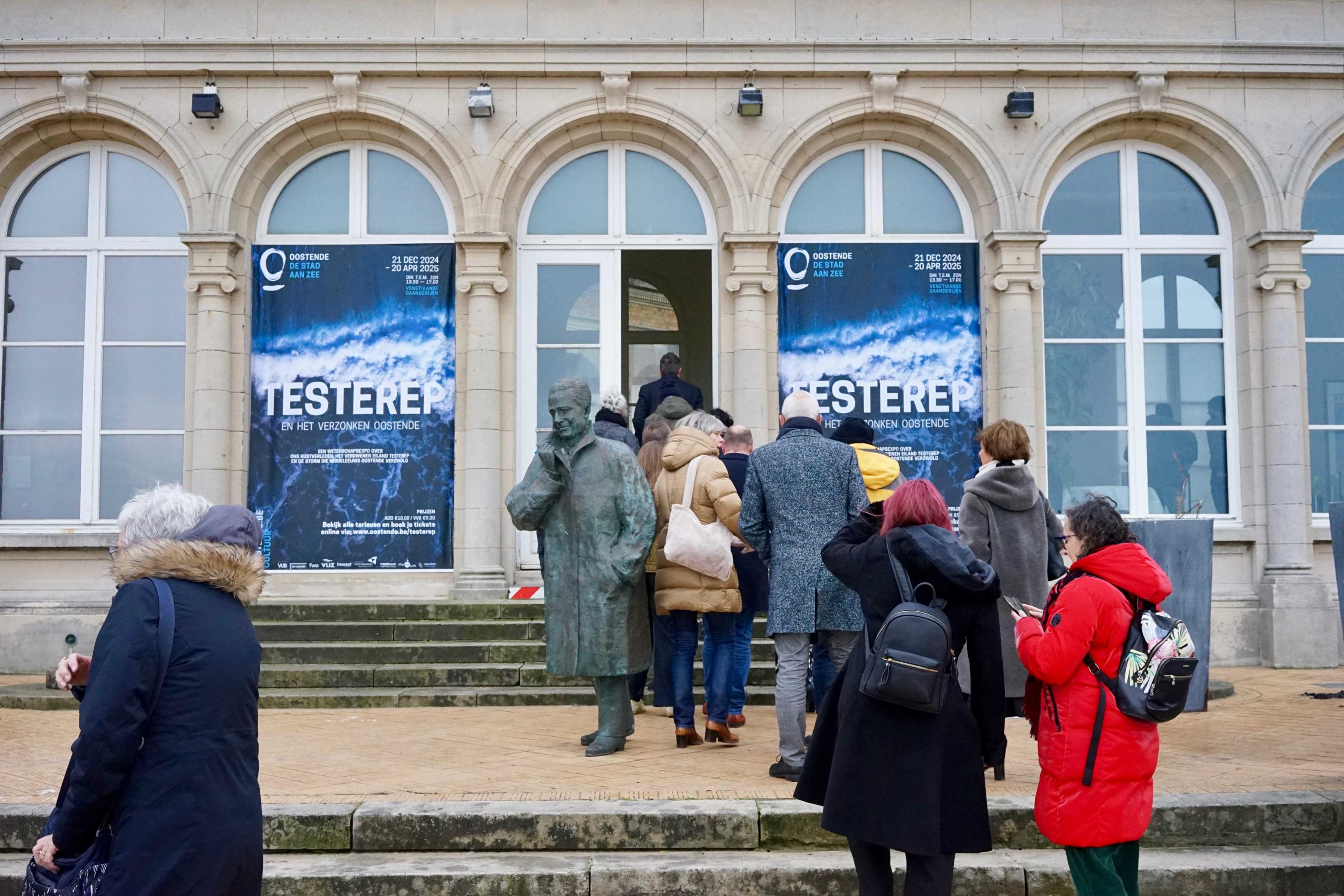
Podcast
Listen to the podcast by Dr. Soetkin Vervust for the University of Flanders and the VRT radio program Voorproevers (in Dutch).
Documentary
Watch the preview of the Testerep documentary here, where you can catch a glimpse of the interplay between the various technologies and scientific disciplines used in the Testerep research.
Watch the trailer here.
Virtual Museum
Visit the science exhibition “‘Testerep en het verzonken Oostende” and explore the history of Testerep and the city of Ostend. Discover how different scientific disciplines come together to bring the story of Testerep to life.
News
On 5 November, the final conference of the TESTEREP project took place, where the results of several years of research were presented in an engaging and accessible way. The researchers themselves guided the audience through their latest insights, interspersed with a broad selection of the many outreach initiatives that emerged from the project.
The atmosphere was further enriched by live performances of the Ballads of Testerep by Broder, drawing the audience fully into the story of the vanished island. Visitors were also able to taste the Testerep bread, developed in collaboration with food archaeologist Jeroen Van Vaerenbergh and bakery De Cock.
The conference proved to be a highly successful conclusion to a project that brought together science, history, and creativity.
Our project lead Soetkin Vervust is receiving, on behalf of our team, the Annual Prize for Science Communication (KVAB & Young Academy) for TESTEREP!
A wonderful recognition of the whole team’s effort to bring the history of the Flemish coast to life through lectures, theatre, a documentary, VR/AR, exhibitions, and citizen science, contributing to the conversation on sea-level rise and future coastal management!
Thanks to our fantastic partners VLIZ, KU Leuven, Howest, Westtoer, the City of Ostend, and the Municipality of Middelkerke and to all our visitors!
Give us an extra boost by voting for Soetkin for the EOS Public Prize for Science Communication: Stem op je favoriete wetenschapscommunicator van 2025 | EOS Wetenschap
The temporary exhibition “Testerep en het verzonken Oostende” at the Venetian Galleries in Ostend closed its doors in April 2025. But the story continues. From now on, everyone can experience the full exhibition online through our virtual museum.
Immerse yourself in 10,000 years of coastal history and discover how archaeological finds, historical maps, art objects and digital reconstructions bring the lost island of Testerep and the origins of the city of Ostend back to life. The interactive elements of the exhibition, such as the audio story, artistic impressions and animations, are also available online.
Visit the virtual museum here and relive the exhibition!
Virtual Museum: Testerep en het verzonken Oostende
